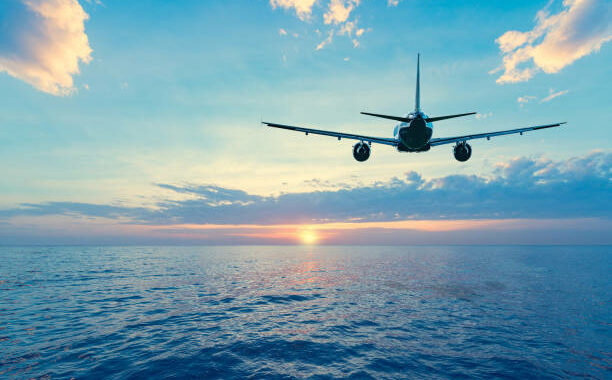Adapted from the writings of Dayan Yitzhak Grossman April 18, 2024 AP News reports: A…

Bais HaVaad on the Parsha, Parshas Tzav
Travel Allowance
Excerpted and adapted from a shiur by Dayan Yitzhak Grossman
March 30, 2023
If he shall offer it for a thanksgiving-offering, with the sacrifice of the thanksgiving-offering shall he offer unleavened loaves mixed with oil, unleavened wafers smeared with oil, and loaves of scalded fine flour mixed with oil.
Vayikra 7:12
The Gemara says (Brachos 54b) that four people must recite birkas hagomel to express their thanks for being saved from danger: seafarers, desert travelers, recovered patients, and released prisoners. The Rosh explains that in the Bais Hamikdash, these people would have had to bring a korban todah, and hagomel was instituted in its stead. Many Acharonim ask, if sea and desert travel is dangerous enough to warrant special thanks, and self-endangerment is forbidden, why is such travel permitted?
The Yad Hamelech answers that one makes hagomel only if he encountered actual danger on the journey, such as an unusually fierce storm at sea. But all the other Acharonim reject this.
The Divrei Malkiel answers that crossing the sea or desert is not sufficiently dangerous to be prohibited, but the elevated risk is enough to require a korban todah or hagomel.
The Binyan Tzion answers that the dangers of sea and desert travel often only arise long after the trip begins. Since most sea and desert travel concludes without incident, it is permitted to begin a journey if one is not aware of a storm or the like at departure time.
The Noda Bihuda and Imrei Shefer answer that sea and desert travel is in fact forbidden for leisure purposes, but a certain amount of risk is permitted in the pursuit of a livelihood, and it is in that case that such journeys may be undertaken.





